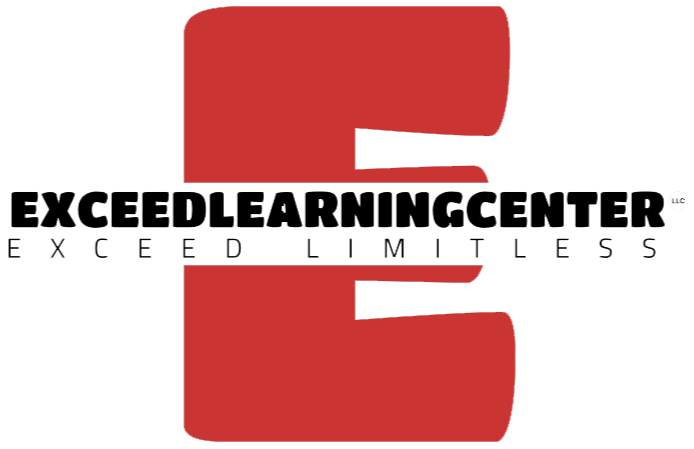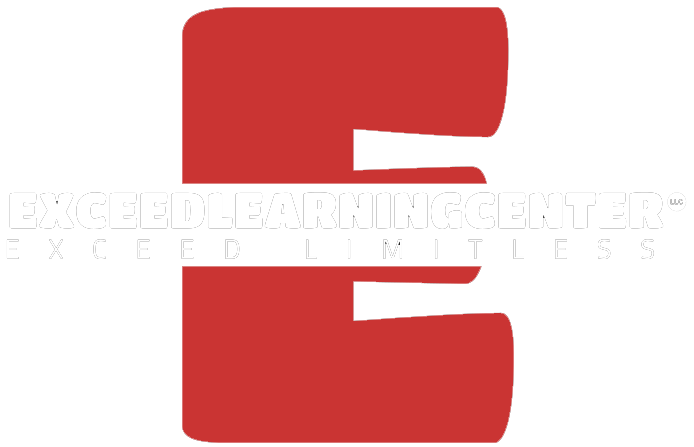Cultivating Self-Awareness: The First Component of Emotional Intelligence
Introduction
Emotional Intelligence (EI) refers to the ability to recognize, understand, and manage one's own emotions, as well as the ability to recognize, understand, and influence the emotions of others.
Self-awareness is the foundation of emotional intelligence (EI), serving as the first component in the EI framework.
What is Self-Awareness?
Self-awareness is the ability to recognize and understand one's own emotions, thoughts, values, strengths, and weaknesses.
It involves being aware of how our emotions and behaviors impact ourselves and others.
Self-awareness is essential for both personal and professional growth as it enables individuals to understand themselves more fully.
In personal growth, self-awareness allows individuals to identify their values, beliefs, and goals, leading to greater clarity and purpose in life. It helps individuals recognize their strengths and weaknesses, facilitating targeted efforts for self-improvement and skill development.
In professional growth, self-awareness enhances leadership effectiveness, communication skills, and decision-making abilities. It fosters empathy and understanding in interpersonal relationships, leading to stronger collaboration and teamwork.
Overall, self-awareness is a key predictor of success and fulfillment in both personal and professional domains.
Techniques for Recognizing and Understanding Emotions
- Self-Reflection Exercises
- Journaling Prompts
- Mindfulness Practices
- Role-Playing Scenarios
Self-reflection exercises
- Daily Emotion Check-In
- Trigger Identification
- Emotional Journaling
- Values Assessment
- Gratitude Practice
Self Reflection Sample
Example Entry:
Date: April 15, 2024
Emotion(s) Felt: Anxiety, Overwhelm
Trigger(s): Received a challenging work assignment with a tight deadline
Physical Sensations: Tightness in chest, racing thoughts, difficulty focusing
Insights/Lessons Learned: Recognized the importance of setting
boundaries and managing workload effectively
Healthy Response: Practiced deep breathing and prioritized tasks to manage stress and break down the assignment into manageable steps.
Journaling Prompts
Prompts for Journaling about Emotions and Weaknesses:
Emotions:
Describe a recent situation that evoked strong emotions in you.
What specific emotions did you experience during this situation?
How did you express or manage these emotions?
Weaknesses:
Identify an area of challenge or difficulty you've encountered recently.
What weaknesses or limitations did you perceive in this situation?
How can you work to overcome or address these weaknesses?
Prompt: Reflect on a recent interaction with someone that left a strong impression on you.
Instructions:
- Describe the interaction in detail, including the context, participants involved, and the nature of the conversation.
- Identify the emotions you experienced during the interaction. Were you feeling happy, sad, frustrated, or another emotion?
- Explore the reasons behind these emotions. What aspects of the interaction triggered your emotional response?
- Consider how you expressed or managed these emotions during the interaction. Did you communicate openly, or did you suppress your emotions?
- Reflect on any insights or lessons learned from the interaction. What did you learn about yourself, the other person, or the dynamics of the relationship?
- Finally, brainstorm ways to apply these insights to future interactions and improve your communication skills and emotional intelligence.
Mindfulness Practices
Mindfulness is the practice of intentionally bringing one's attention to the present moment without judgment.
It involves being fully engaged in the present experience, with a heightened awareness of thoughts, feelings, bodily sensations, and the surrounding environment.
Benefits of mindfulness for self-awareness
- Increased Self-Reflection
- Enhanced Emotional Awareness
- Improved Self-Regulation
- Greater Clarity of Thought
- Enhanced Self-Acceptance
- Deeper Understanding of Values and Priorities
Role-playing
- Reflection on Personal Experience
- Identification of Emotional Responses
- Recognition of Behavioral Patterns
- Analysis of Communication Dynamics
- Exploration of Self-Awareness Insights
- Application to Real-Life Situations
SHARE THIS POST:
Olga Binyaminov
Founder, Exceed Learning Academy
Together, we can exceed expectations and make the journey of learning a truly remarkable one for your child.
Leave A Comment
Search
Send us a Message
Blog - Website Form
Recent Posts
Quick Links









